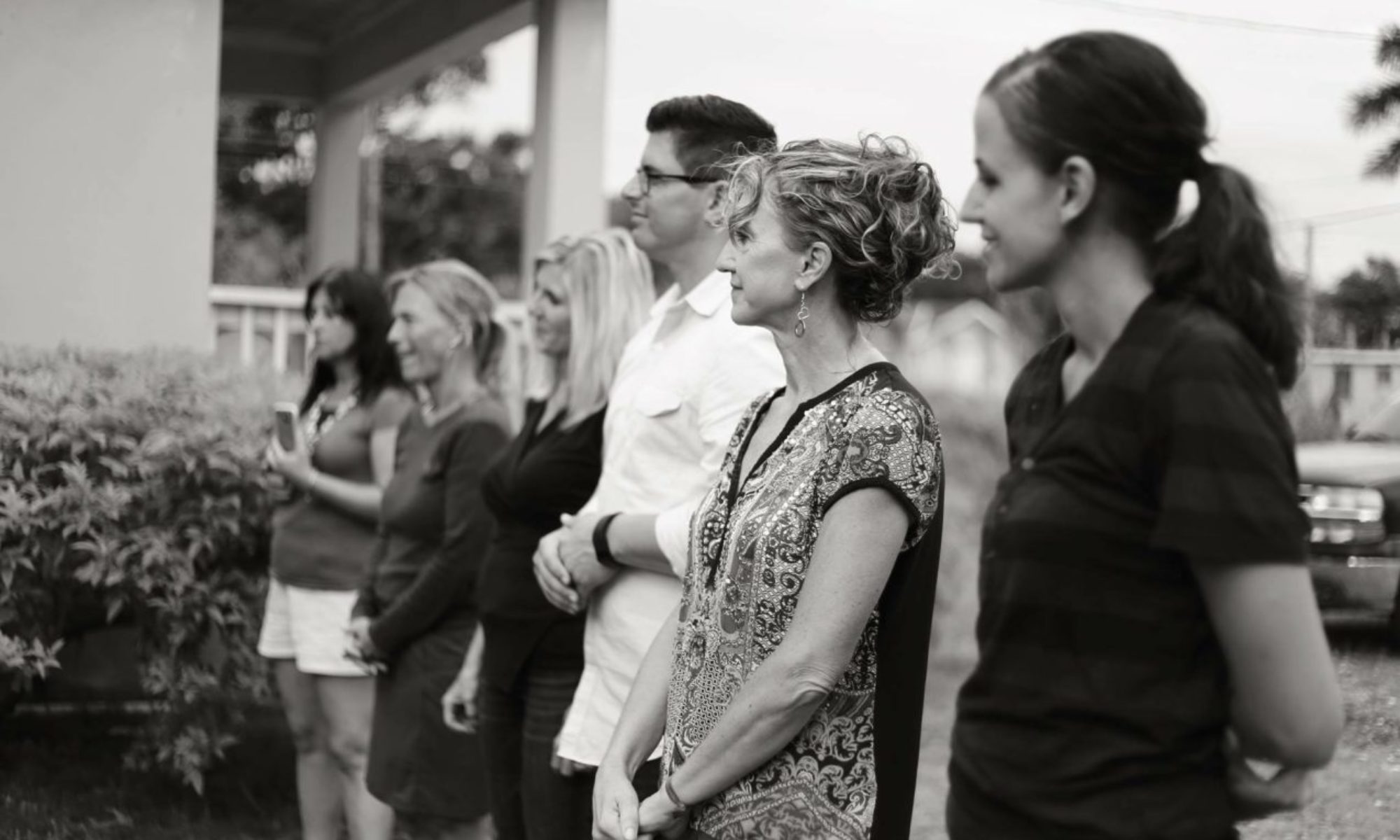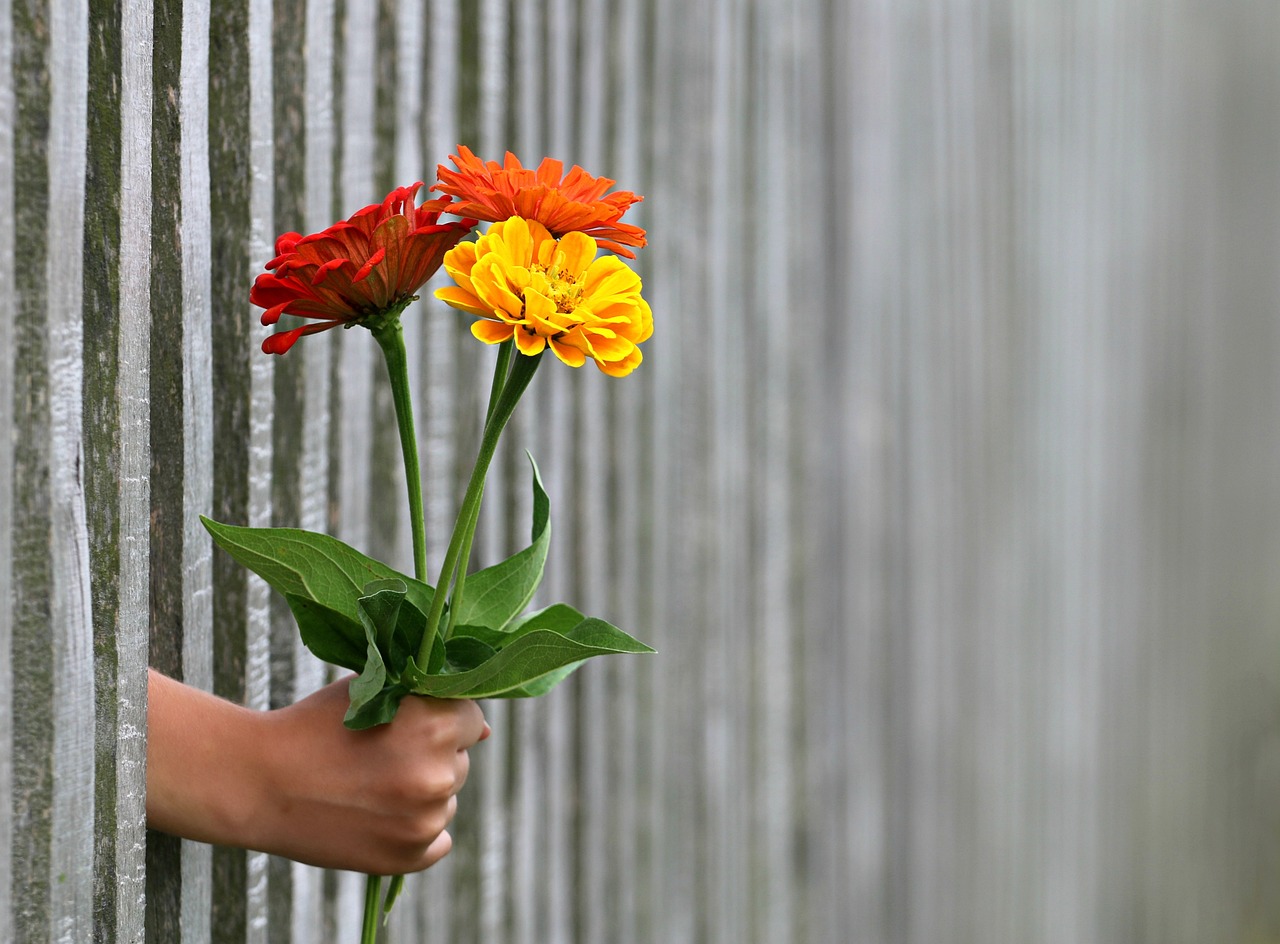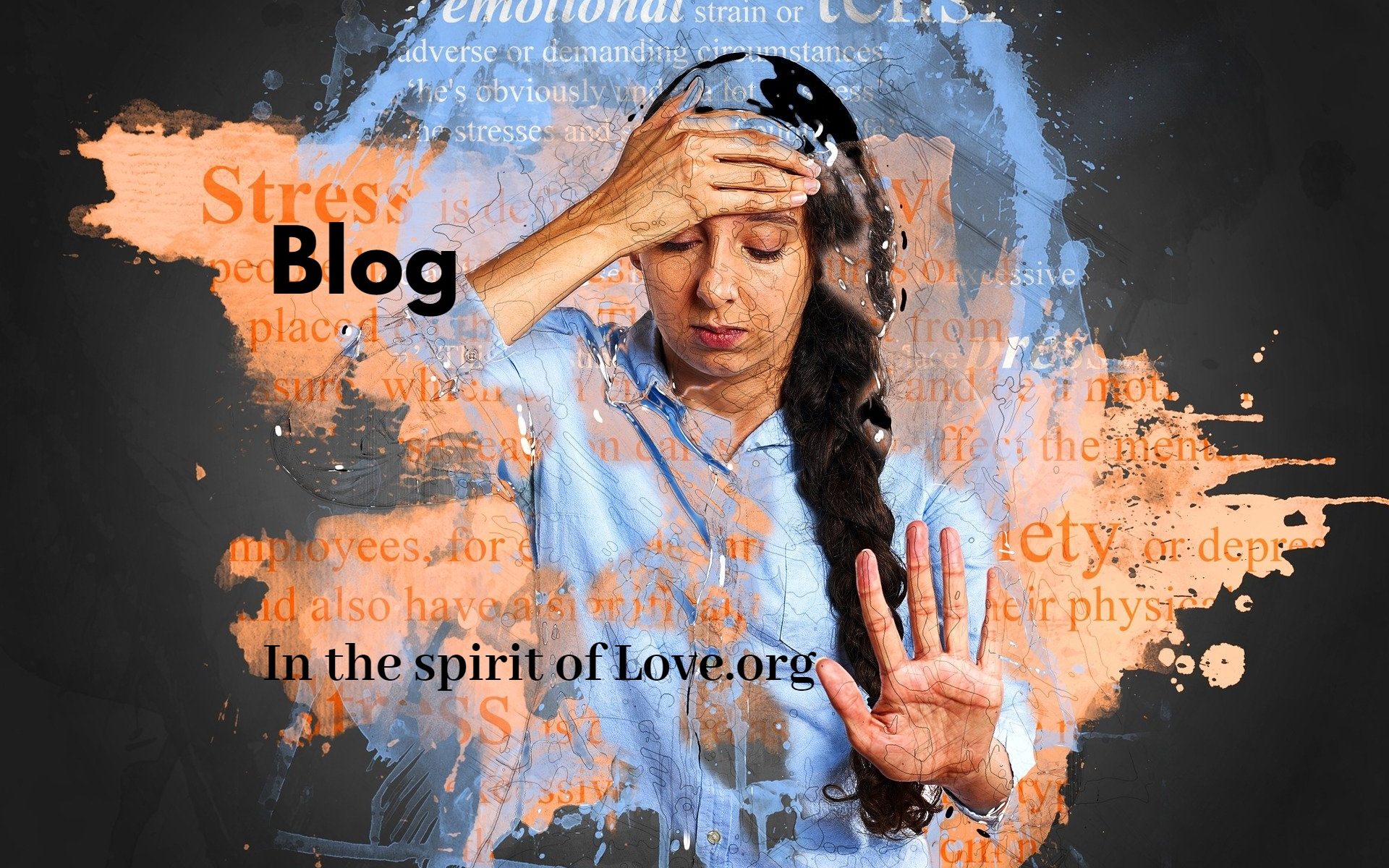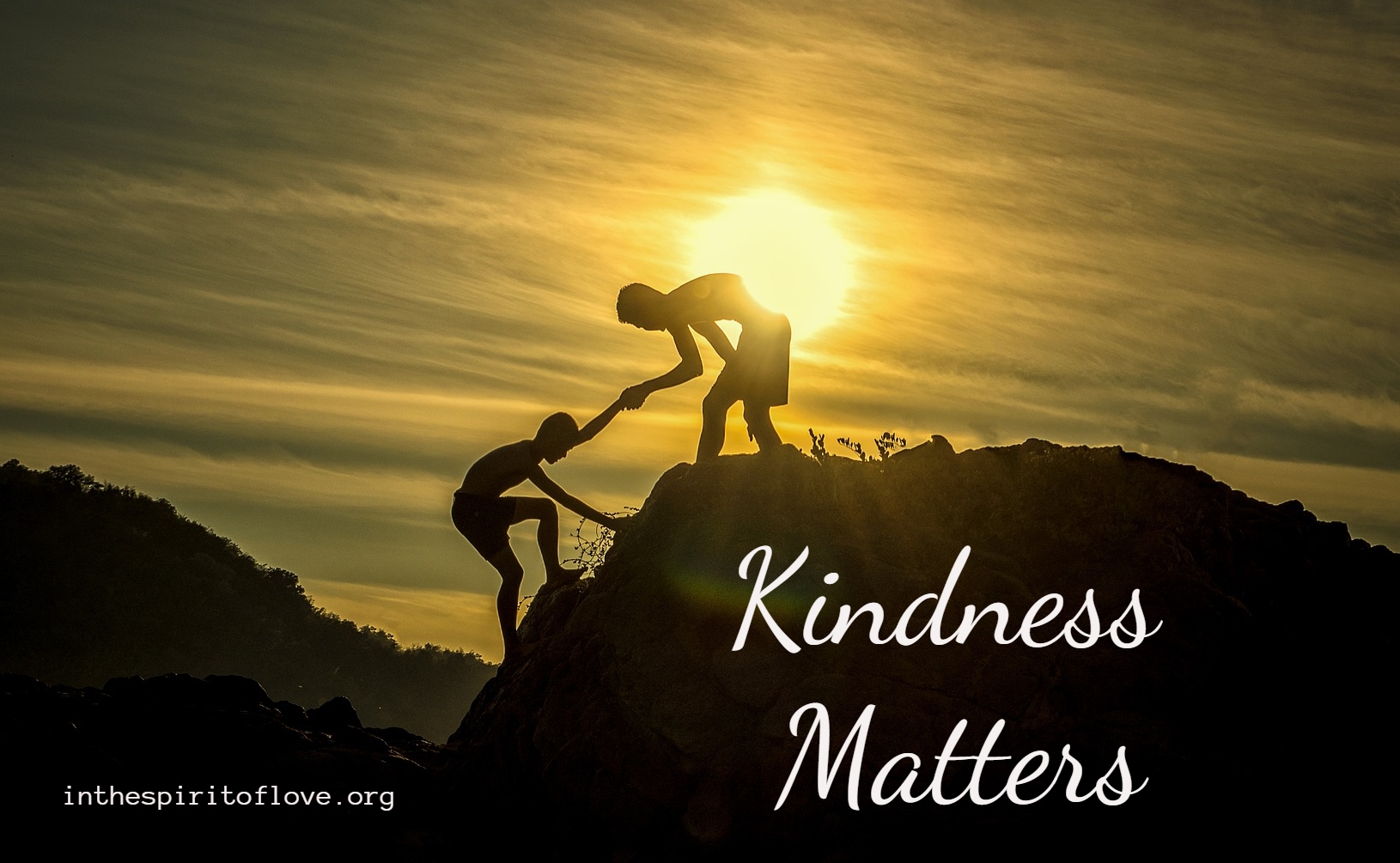A psychologist walked around a room while teaching stress management to an audience. As she raised a glass of water, everyone expected they’d be asked the “half empty or half full” question. Instead, with a smile on her face, she inquired: “How heavy is this glass of water?” Answers ranged from 8 oz. to 20 oz.
To their surprise she answered, “The absolute weight doesn’t matter. It depends on how long I hold it. If I hold it for a minute, it’s not a problem. If I hold it for an hour, I’ll have an ache in my arm. If I hold it for a day, my arm will feel numb and paralyzed. In each case, the weight of the glass doesn’t change, but the longer I hold it, the heavier it becomes.”
She continued, “The stresses and worries in life are like that glass of water. Think about them for a while and nothing happens. Think about them a bit longer and they begin to hurt. And if you think about them all day long, you will feel paralyzed—incapable of doing anything.”
The National Institute of Health defines stress as a physical and emotional reaction to life change, while the dictionary defines it as the total response to environmental demands or pressures. There seems a recurrent disagreement among researchers regarding the definition of stress in humans, but one thing is for sure, there seems an inverse correlation between happiness or joy, and stress response. The cause of a stress response can include any event or occurrence that someone considers a threat to his or her coping strategies or resources.
Good stress or eustress, is not so much a concern. That is the stress you feel when excited. Your pulse quickens and your hormones surge, but there is no threat or fear experienced. The negative stress that we are stressing here (pun intended) is the stress that interferes with our ability to get things done, affects relationships and our overall quality of life.
A study published in the Journal of Psychiatric and Mental Health Nursing examined the relationship among hardiness, perceived stress, and happiness in nurses. The study revealed that nurses with a hardy attitude evaluated situations as less stressful, which resulted in higher happiness.
Hardiness allows a person to withstand physical and psychological stress without developing physical illness. This mindset views difficulties and stressful situations as personal challenges, rather than as roadblocks, and allows for personal growth in the face of adversity. So we again are looking at perception, how we think and how we view the world around us. So it would seem that a key to hardiness, resilience, and managing stress, is having a healthy mental response. It helps to be mindful of your stress response and to work towards more positive thought patterns to assist in coping.
Techniques to manage stress:
- Talk confidently to Someone you trust about the event or person that has caused the stress. Just knowing that you have someone in your corner that is supportive and can provide a healthy perspective will provide some measure of liberation. It leads to catharsis, that feeling of relief, and it may even lead to a solution.
- Practice deep breathing to stimulate the parasympathetic nervous system. When we are stressed, our breathing changes, becoming more shallow, affecting our ability to think clearly and feel alert. Practice breathing long slow breaths, breathe in while counting to seven, holding for a count, then releasing for another count of seven.
- Practice meditation to calm the mind. Meditation is widely known to reverse the stress response by changing focus and eliminating the stream of thoughts that can lead or contribute to stress. In the 2018 study that relied on the Headspace app, meditation was shown to reduce stress by 14% over 10 days. MRI scans have shown that a regular meditation practice can shrink the amygdala, which helps us respond rather than react to stressful events. If meditation seems difficult, there are apps available for download. Find the one that speaks to you.
- Enjoy regular physical activity to reduce levels of the body’s stress hormones, such as adrenaline and cortisol. Endorphin-release via exercise boosts pleasure and results in a feeling of well-being. This release occurs after about 30 minutes of activity, so make that your benchmark. Find time to fit in some activity, even if it’s just a walk at lunchtime.
- Enjoy comedy at home or away. If you live in a bigger city, comedy clubs are available. Otherwise, watch some comedy on the television at home. As we’ve discussed, laughter creates positive physical changes in the body and lightens the mental load.
- Keep a journal of your thoughts and feelings to release the tension and any pent-up emotions. Feel free to expose whatever feelings comes up and let it flow. The content which you choose to write or type can be kept private. Don’t strive for perfection nor worry about grammar or spelling. This is your time to let loose and vent.
- Utilize the power of music to lighten the load. Music of slower tempo can quiet the mind and relax your muscles, making you feel soothed while releasing the stress of the day. Current research finds that 60 bpm can cause the brain to synchronize with the beat causing alpha brainwaves. The alpha brainwave is what is present when we are relaxed and conscious. Interestingly, Native American, Celtic, Indian Stringed-instruments, drums, and flutes are very effective at relaxing the mind. Sounds of rain, thunder, and nature sounds may also be helpful, particularly when mixed with soothing music. An app may help with this endeavor also.
- Make sure that the goals you set for yourself are realistic. It’s quite possible that the person that is hardest on you regarding expectations, is you. You should not be expected to operate at 100% efficiency at all times and at everything you do. Be mindful of what you can control and try to accept that which you cannot. You are essentially an army of one, and only one. Focus on what you have accomplished, not what’s left on the table.
- Take a long hot soak in the tub or visit a sauna. A hot bath will relax the muscles and calm the mind. Consider adding another method to the mix, music, journaling, talking to a friend, and or the practice deep breathing.
- Embrace the benefits of a good hug. Although not technically proven by science, the late psychotherapist Virginia Satir once said, “We need four hugs a day for survival, eight hugs a day for maintenance, and 12 hugs a day for growth. When we experience a hug, our body releases oxytocin, also known as the ‘bonding hormone.’ Your heart rate slows down, cortisol and norepinephrine levels drop and those feel-good hormones, serotonin and dopamine, increase.
- Practice reframing the negative situation into a more positive or even neutral event. Also, try to examine the big picture, realizing that this particular stress event may be inconsequential to the overall goal or finish line. You might also consider some potential positive outcomes to this situation? Consider this formula:
A + B = C ; Affair + Behavior = Consequence
You cannot change the event or Affair that has already taken place, but by changing your response or behavior, you change the outcome or consequence. You are in control over how you will feel in the end.
- Improve your planning to reduce overwhelm and create a sense of control. Consider daily checklists, a calendar or planner, and/or even sticky notes to manage thoughts and goals. Stress management research by Robert Epstein has exposed how stress can be managed through planning.
- Consider adaptogen supplementation toassist the body in finding homeostasis and to calm the chaos. Viable options include ashwagandha, Siberian ginseng, and Rhodiola.
In reality, stress is unavoidable. The big question is, what do you do with it? It’s quite possible that the amount of stress you are feeling may be directly related to your perception of the event. How you choose to frame any situation or person, correlates directly with your stress response. For example, it is quite possible for two people to experience the same event, yet to respond very differently. How you respond to the event has been shown to be more important than the actual situation itself.
You need not let stress affect your ability to feel joy. If the event cannot be changed, work to change your response to the event, while adding mitigation strategies to bring about a sense of calm. While these techniques can be quite helpful in managing stress and therefore increasing joy and that sense of well-being, it also works the other way. Being joyful mitigates or assists with the stress response, therefore, increasing your joy should reduce your stress. You have more control of your feelings and emotions than you might realize and even baby steps towards improvement can accumulate into healthy rewards.
“Don’t let your mind bully your body into believing it must carry the burden of its worries.” ~Astrid Alauda
